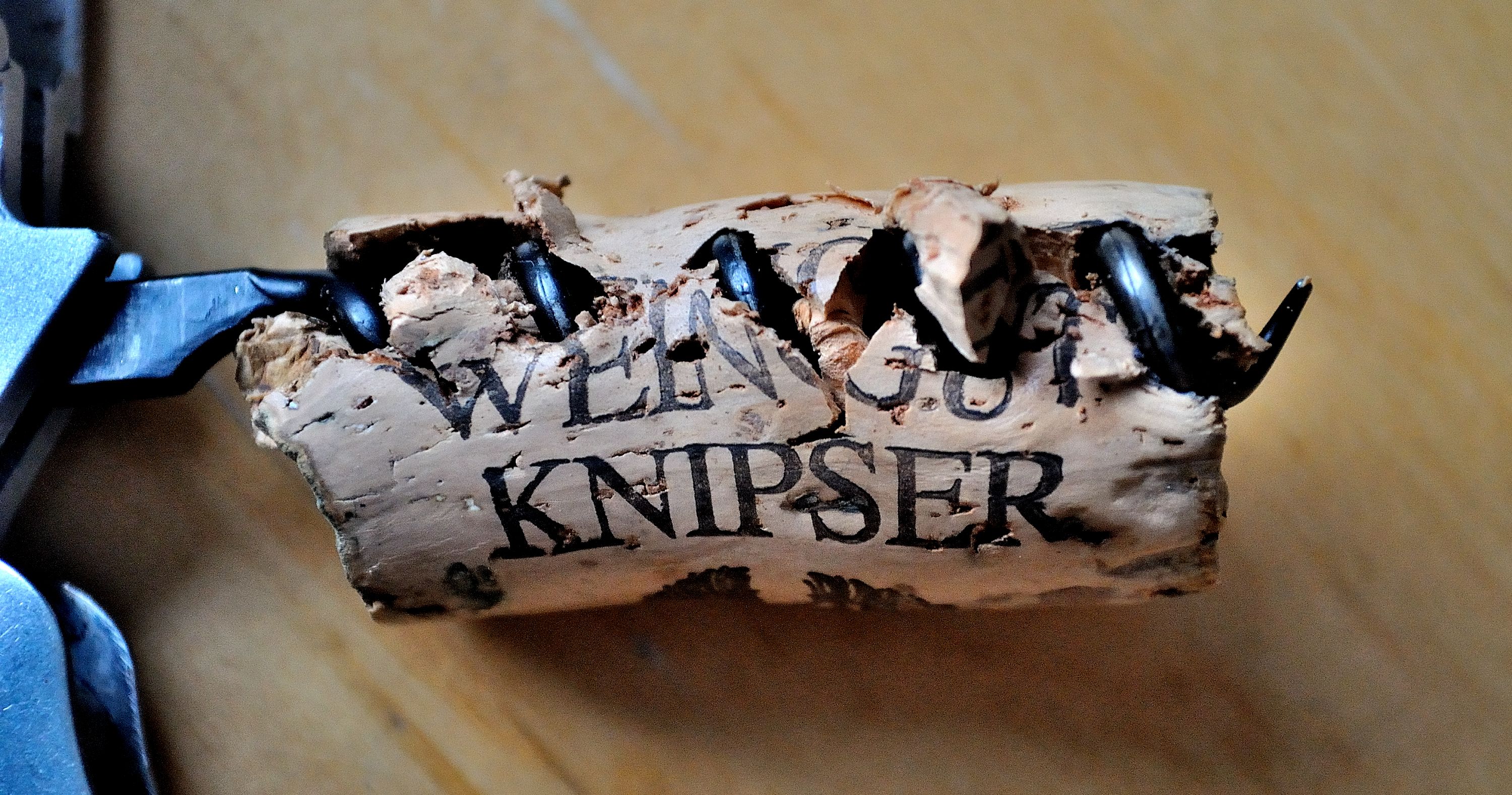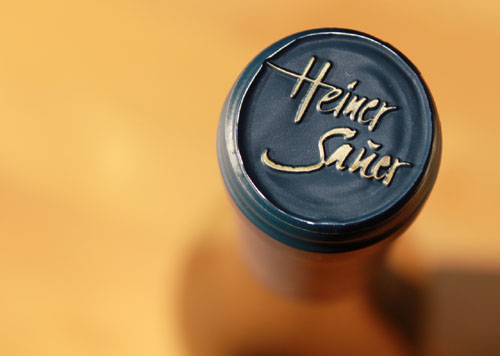Sona, St. Martiner Baron, Riesling Kabinett feinherb, 2009
Sometimes you have no idea what you are looking at. The other day I pulled a bottle out of a newly arrived cask of wine that I hadn't actually ordered - nor had I heard of the winery before! Turns out that the wine merchant had sneakily squeezed it into the box as a thank you for a good customer. Herr Behringer also asked me for my opinion.

Following the recent debate on neutrality of wine bloggers I should probably add that this is the first wine we have received from Behringer without paying, that he did not ask us for a review and that the wine is not in his portfolio (I wonder if he plans to change that though). Anyway, Mr Behringer, here goes.

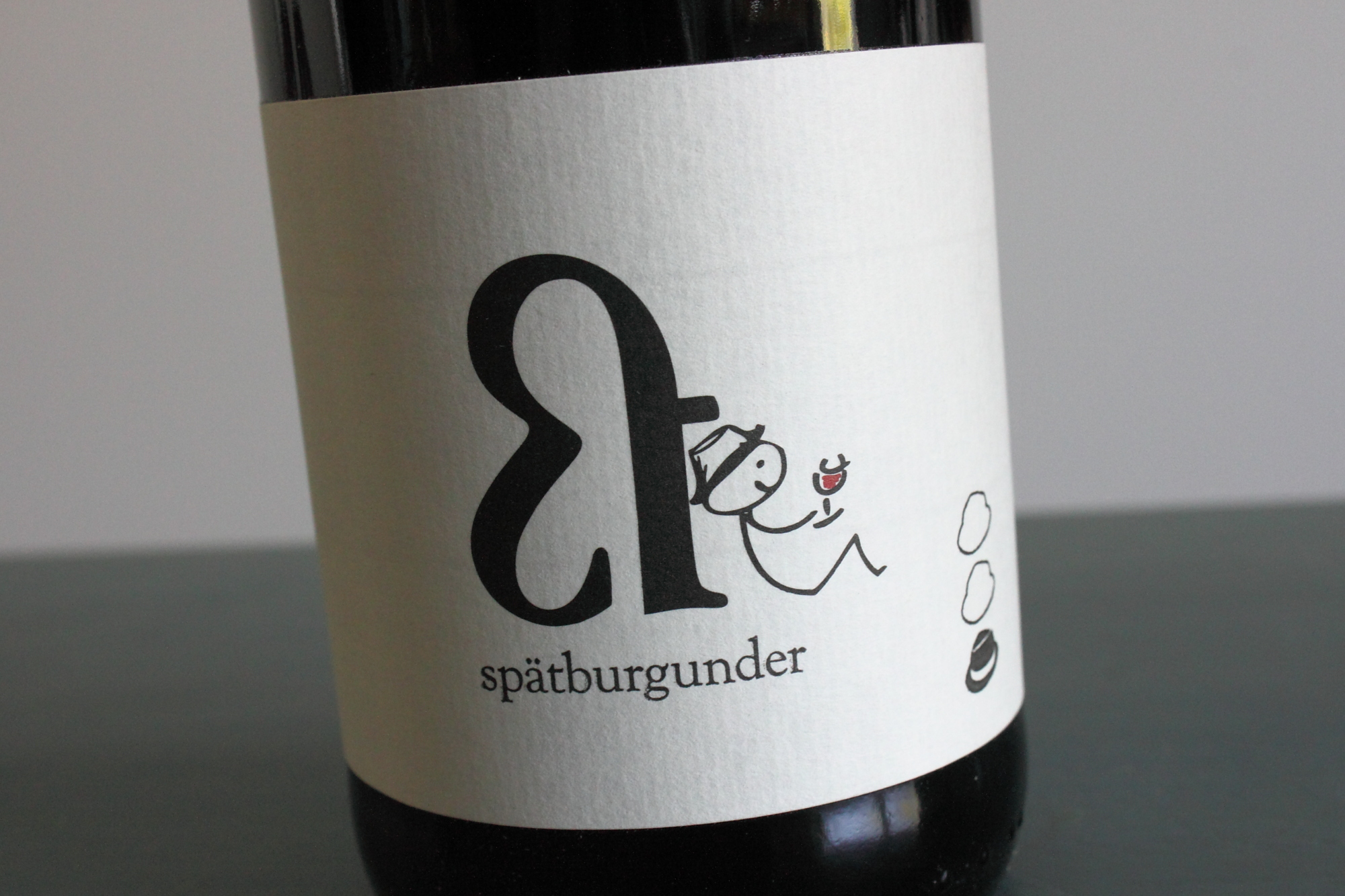
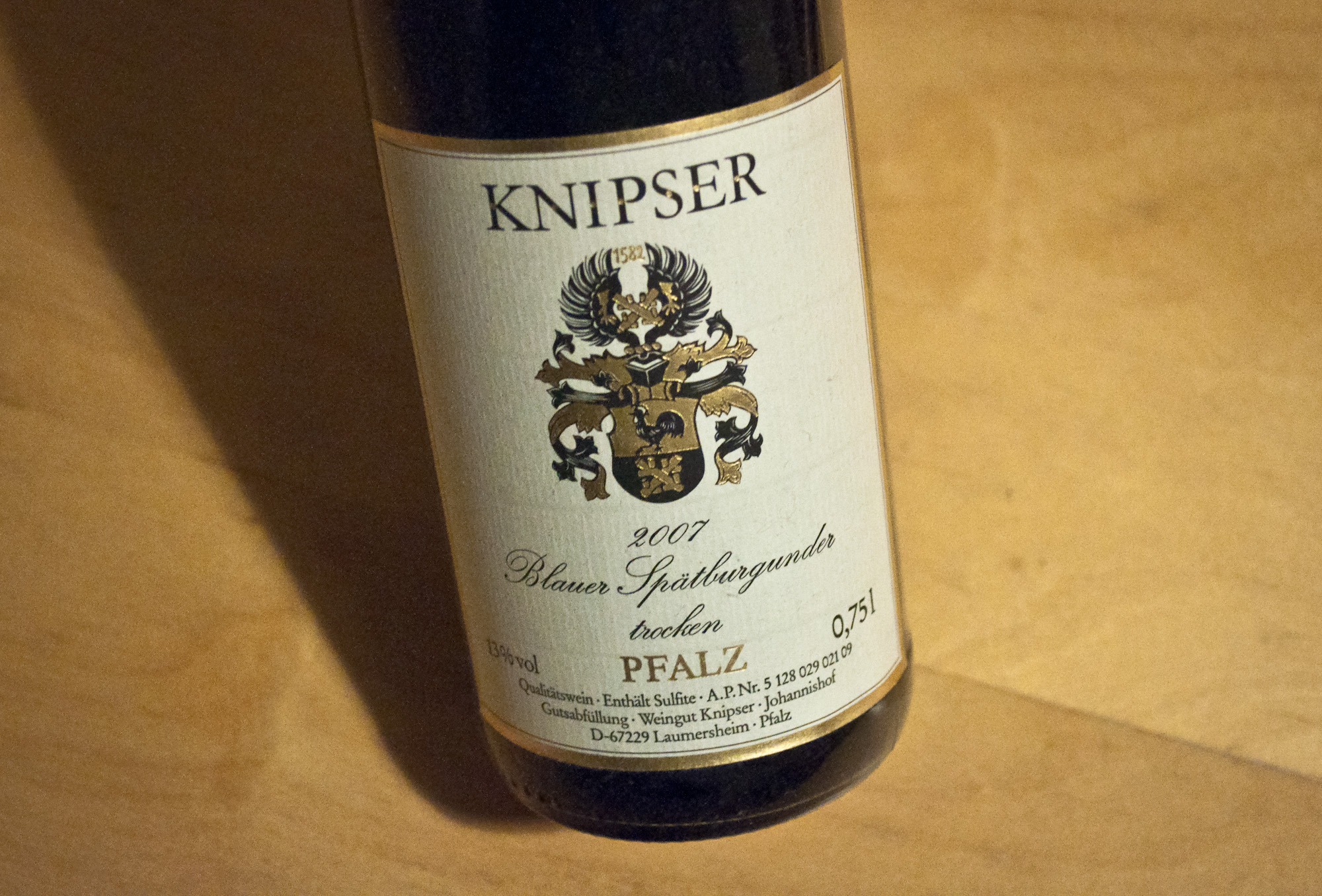
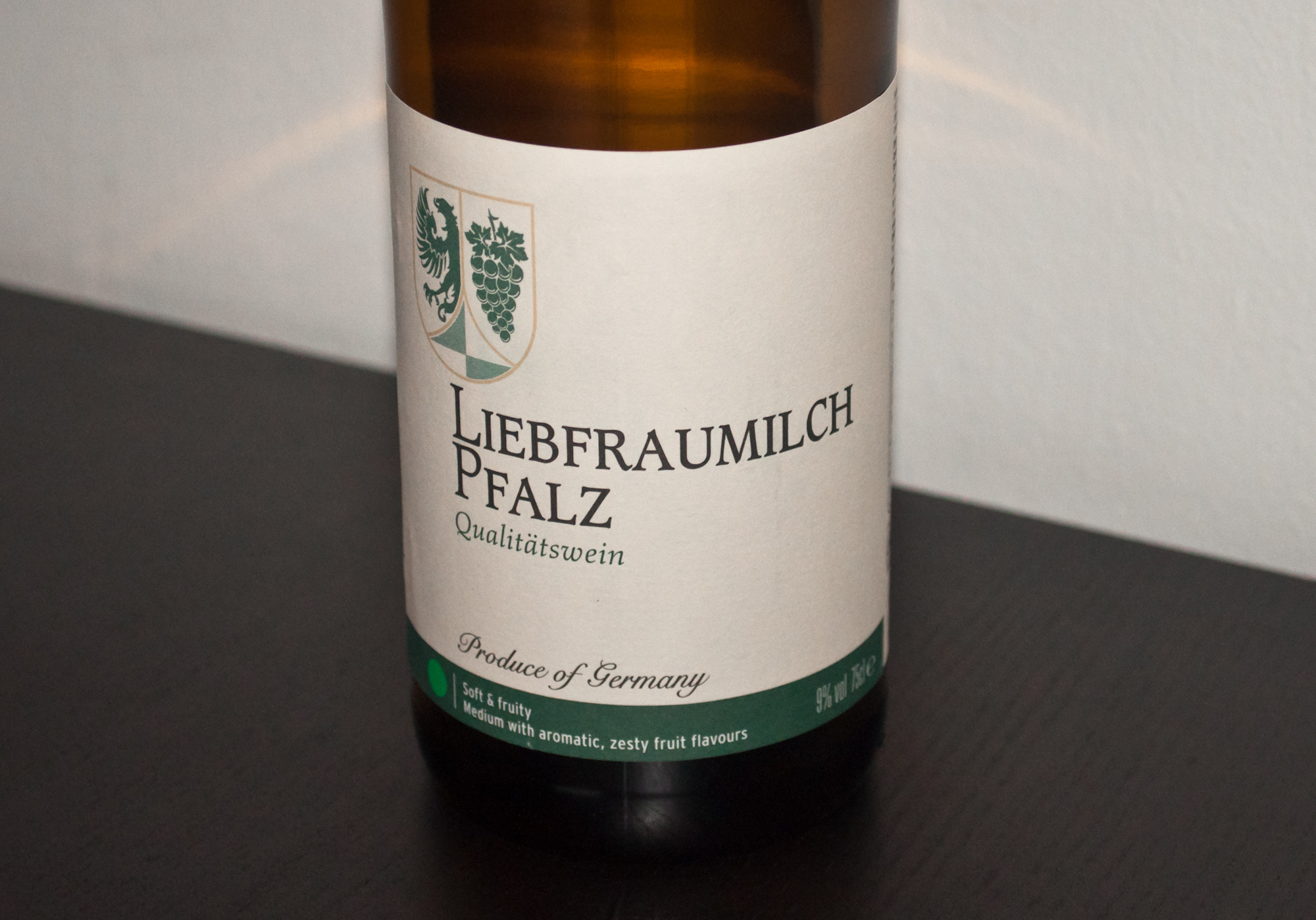
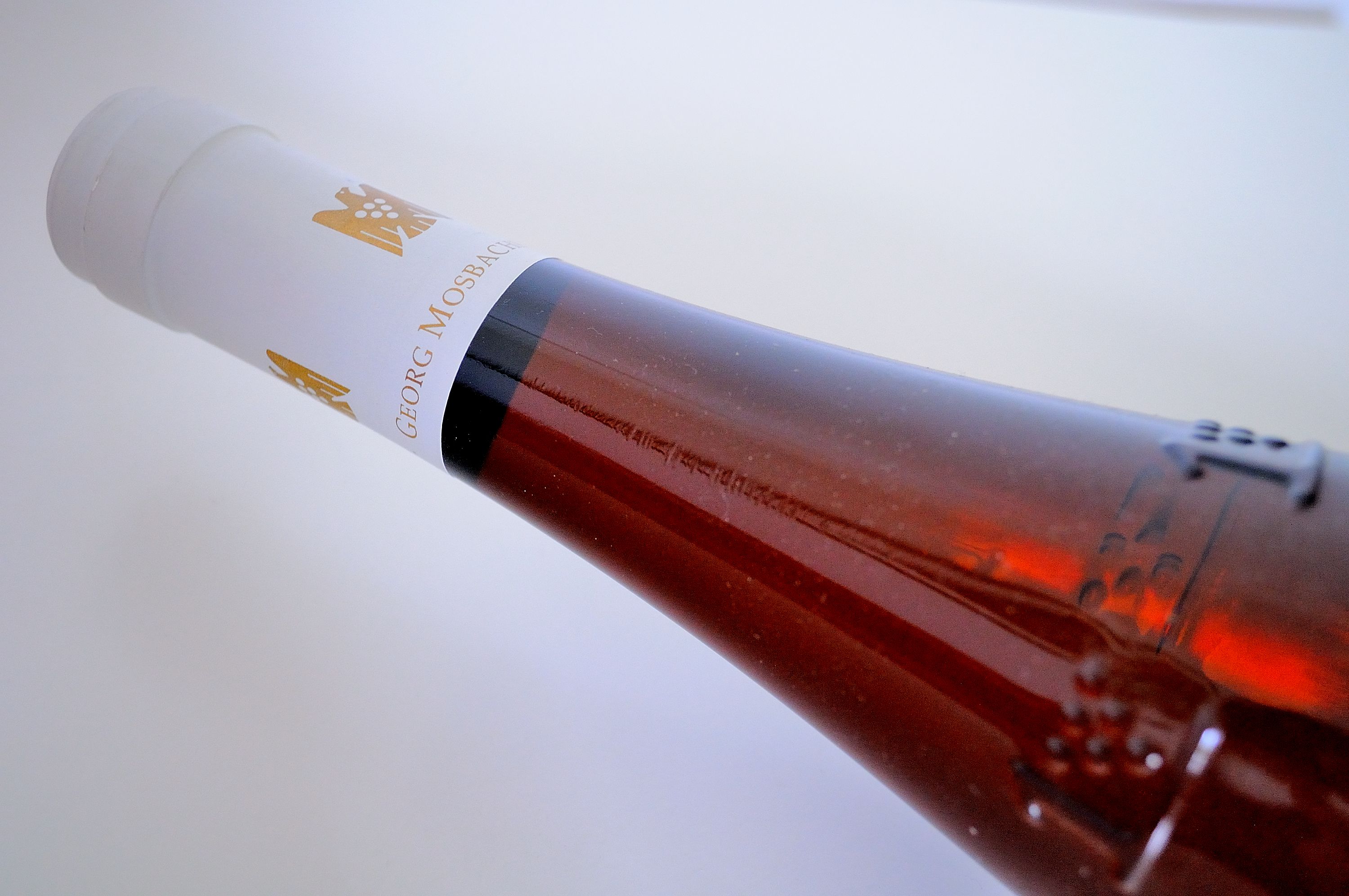
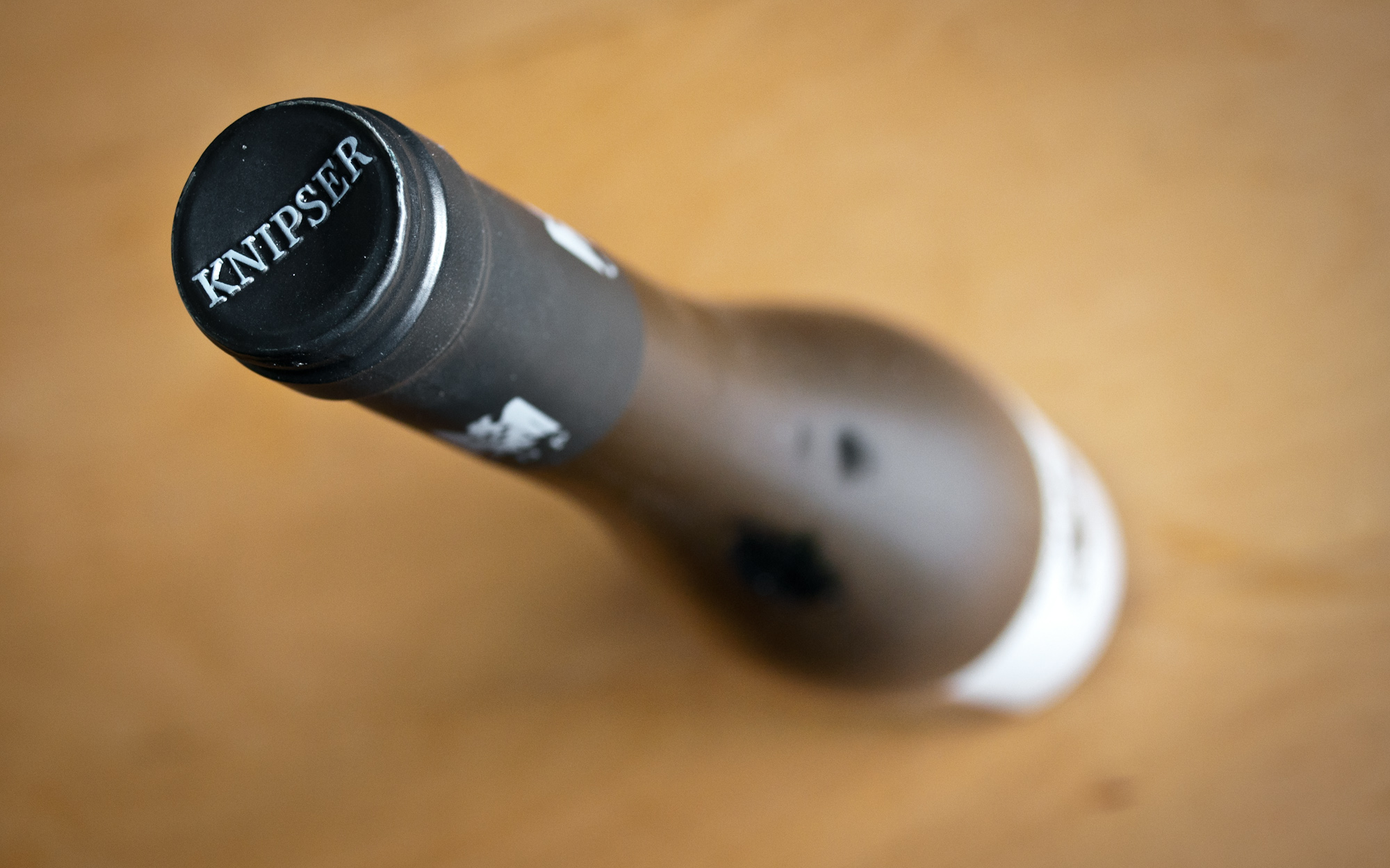
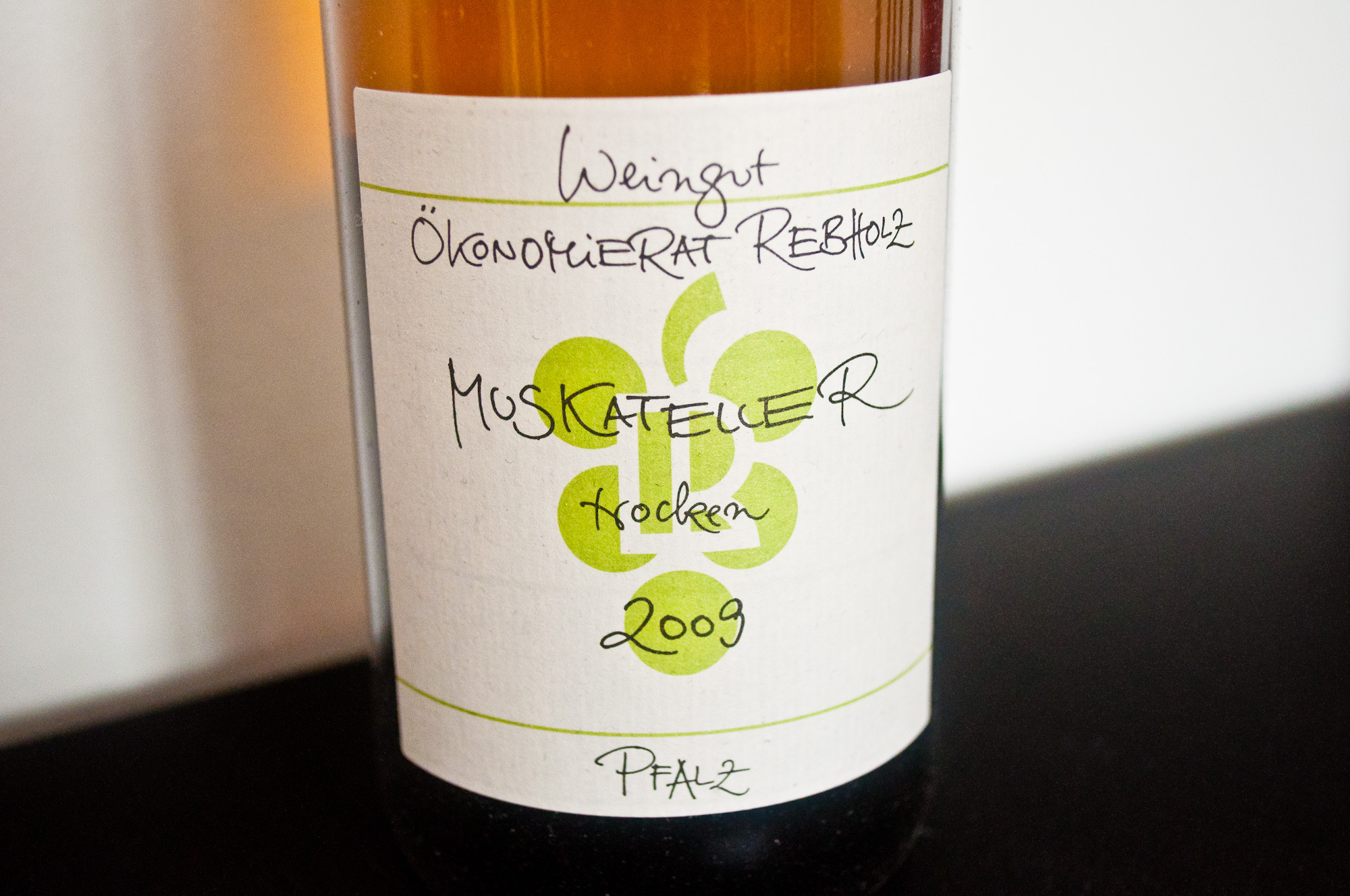
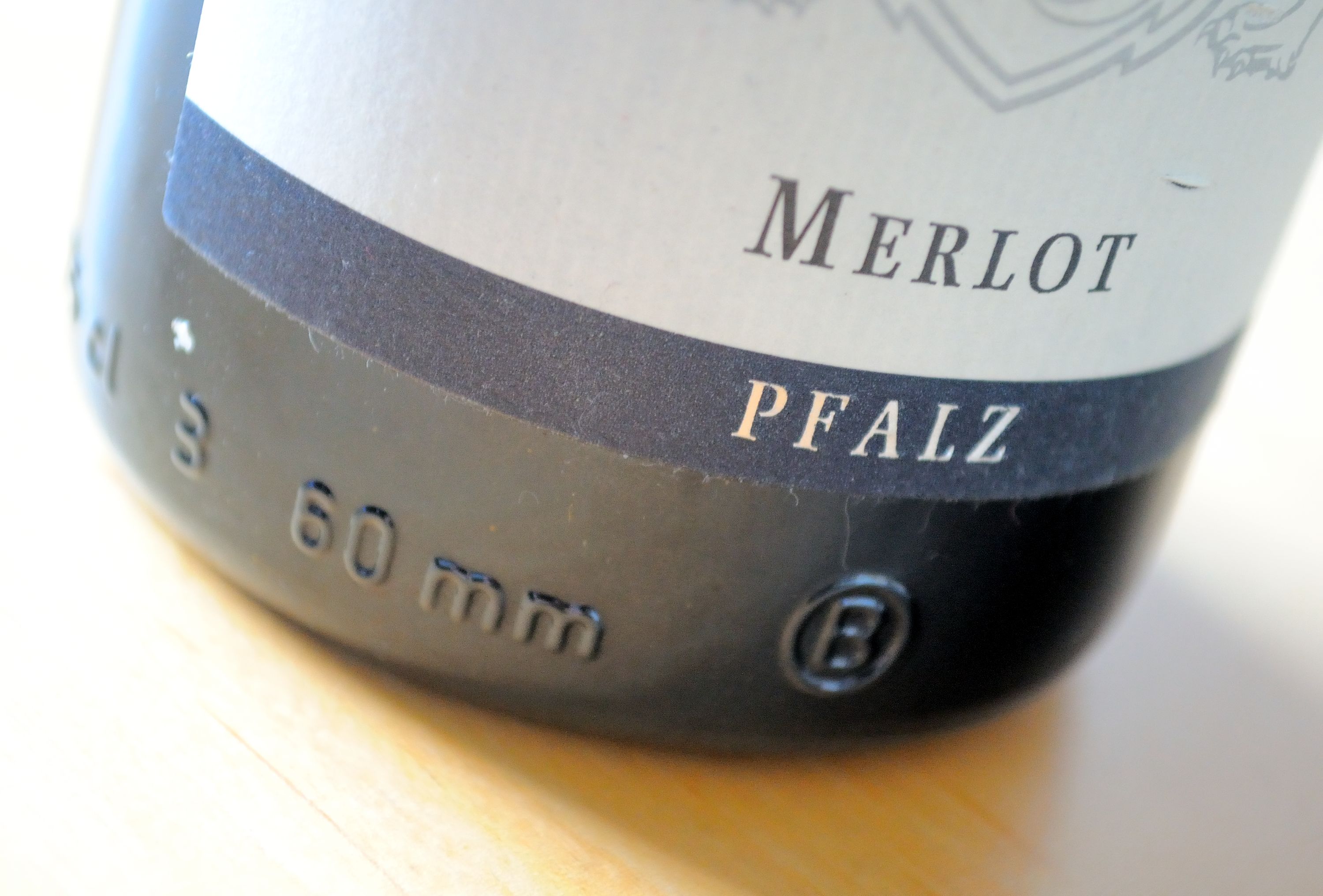 Philipp Kuhn is one of those German winemakers who confidently cover what seems like the whole spectrum of wine, from Riesling to Pinot Blanc, Sauvignon Blanc, Chardonnay, Muscat, Viognier, Pinot Noir, St. Laurent, Lemberger, a few others - and Merlot.
Philipp Kuhn is one of those German winemakers who confidently cover what seems like the whole spectrum of wine, from Riesling to Pinot Blanc, Sauvignon Blanc, Chardonnay, Muscat, Viognier, Pinot Noir, St. Laurent, Lemberger, a few others - and Merlot. 